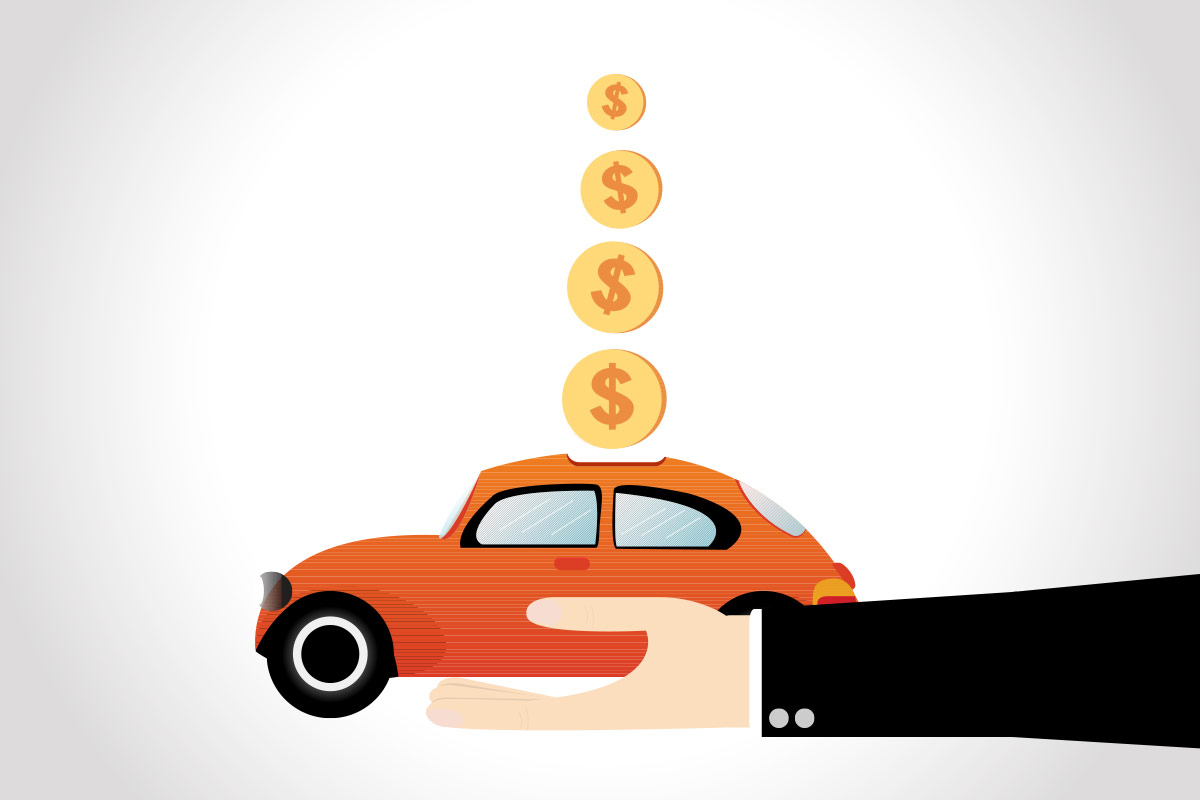Personal Loans

If you can’t afford your Personal loan repayments, the lender may start legal action to recover their money. Legal action can increase the costs you owe, so take steps early to try and avoid it.
Immediate actions you can take
Contact the lender and seek Hardship Assistance
Before contacting the lender, work out your budget and how much you can afford to offer in reduced payments towards the loan. If you cannot afford to pay anything, contact a financial counsellor on 1800 007 007 for advice.
If you can make a payment arrangement, contact the lender, asking to speak with the hardship team. Explain your situation and ask for hardship assistance which may include lower or no repayments for a limited period of time, or arrears deferred to allow you extra time to pay.
Note: applying for financial hardship with a credit provider may be listed on your credit file. If listed, it will remain there for a period of 12 months.
You may have loan insurance
Check with your lender or your original loan contract if you took out loan insurance when you took out the loan. You may be able to make a claim for assistance in making payments.
You may have income protection insurance
If you are out of work due to injury or illness, you may have income protection insurance included in your superannuation fund. There is often a waiting period to claim (2-3 months). If you are unlikely to work for a longer period of time, it may help to negotiate a longer term hardship arrangement. Contact your Superannuation fund to see if you are covered and how to apply.
Could you afford the loan when you took it out?
Sometimes people are given loans they cannot afford. If you found it difficult to meet repayments right from the start of the loan, it may be worth seeking advice from a consumer credit lawyer or a financial counsellor as to whether the loan was affordable. Where loans are not affordable and responsible lending provisions have not been followed by a lender, there are options to challenge the loan and reach an affordable solution.
A Financial Counsellor or the Financial Ombudsman may be able to help
If you are not happy with the options provided by your lender, or you cannot come to an affordable hardship arrangement, you can speak to a free financial counsellor on 1800 007 007 or lodge a complaint with the Australian Financial Ombudsman Authority.
WARNING
Secured v unsecured personal loans
It is important to understand whether your personal loan is secured against a vehicle. You can ask your lender for this information. Where you have a vehicle secured by a loan, it is important to come to a formal hardship arrangement to ensure action is not taken by the lender to repossess your vehicle.
Note: Even when a loan is unsecured, a lender might recover arrears by going to Court to seek a warrant to seize assets or goods, such as a car, or even to get a house sold.



